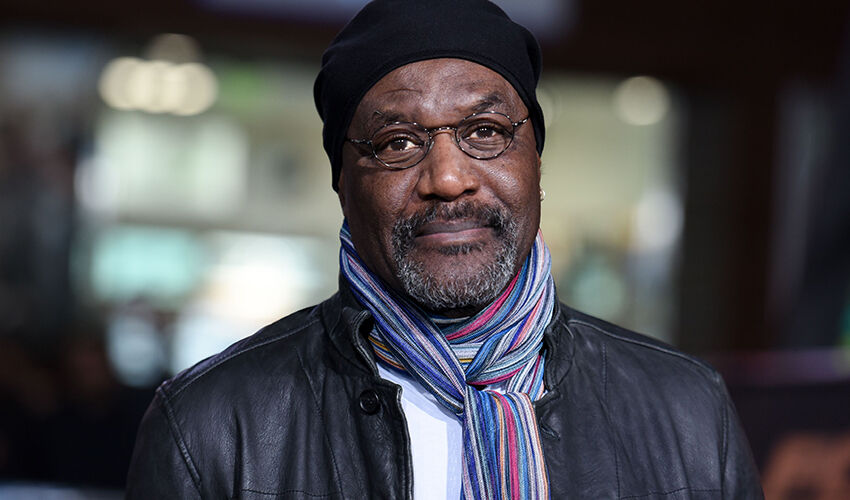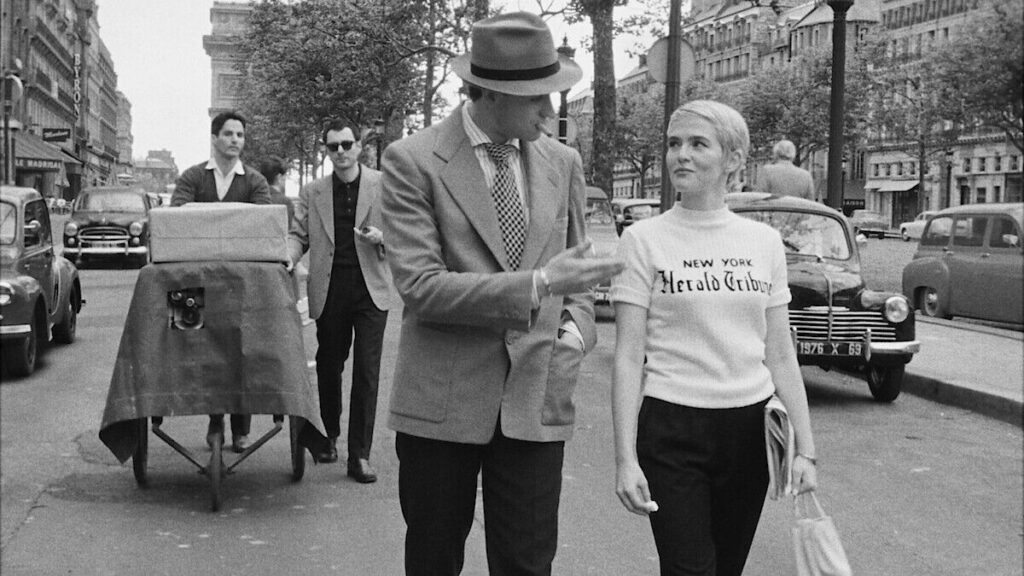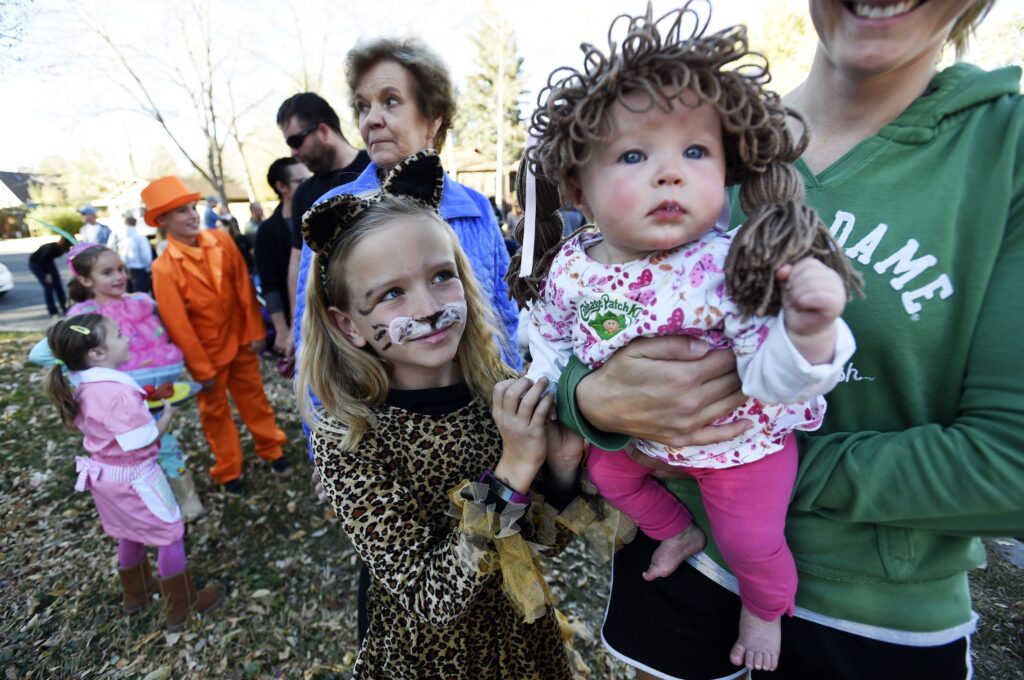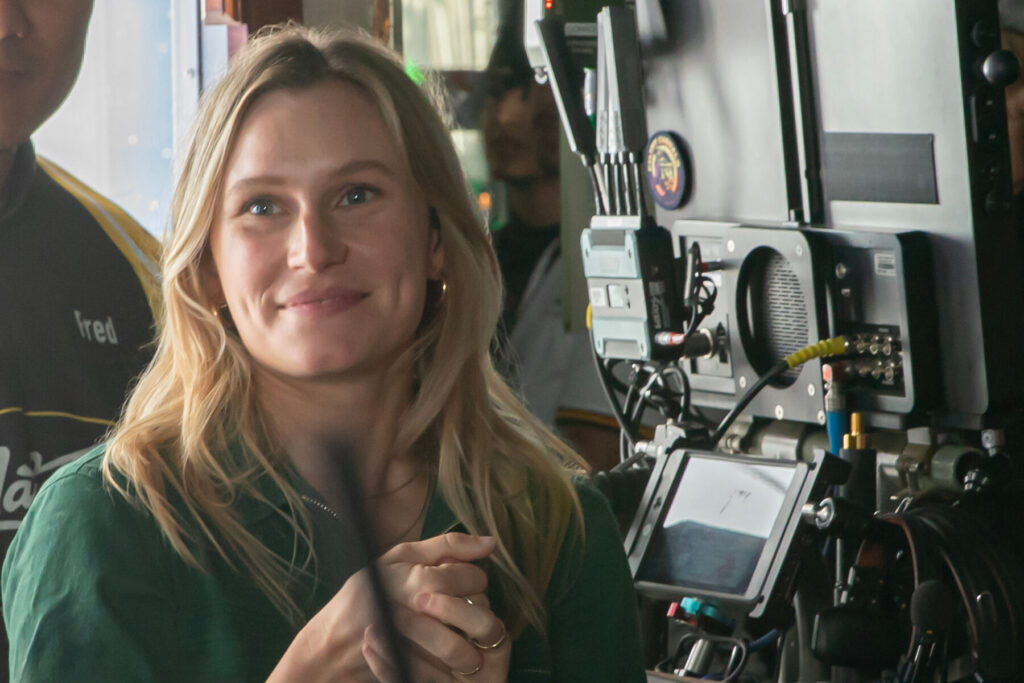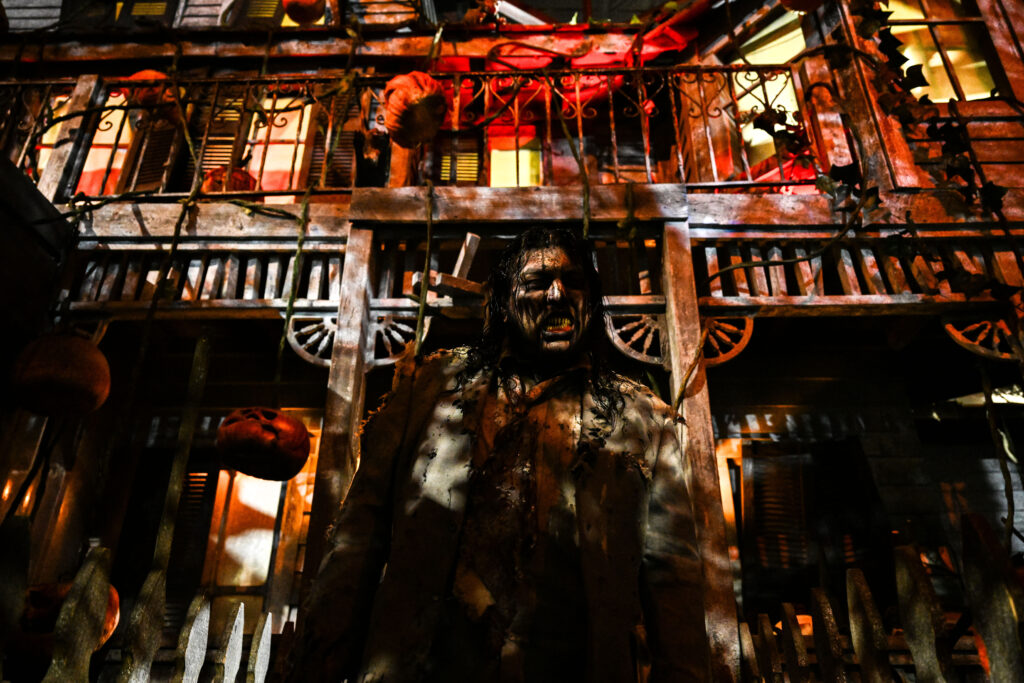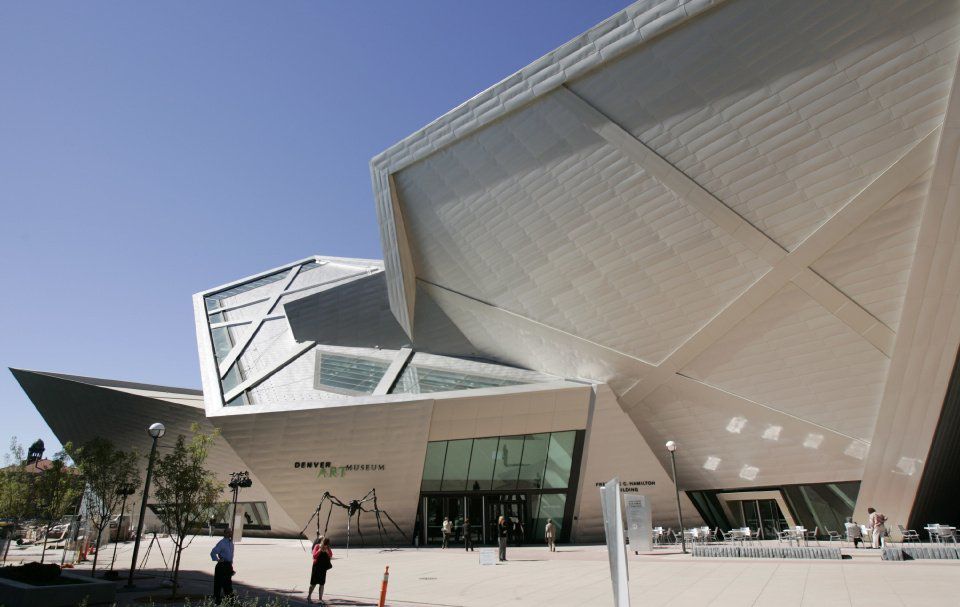Two years out: Are we building a better arts engine?
Two years ago today, Colorado reported its first death from the coronavirus, and Denver Mayor Michael Hancock ordered all city-owned venues closed until further notice. Within three days, essentially all of the performing arts were shut down.
Since then, we’ve reported on the horrifying deaths – more than 12,000 in Colorado and counting. We’ve documented the tens of thousands of jobs lost (some forever), and the hundreds of millions in lost ticket revenue. Harder to chronicle are the lives left untouched by all those unspoken words, silent songs and dances sat out. The mental-health toll from the isolation that kept us from communing and worshiping, visiting and grieving, learning and celebrating, dancing and singing. That’s incalculable.
All we knew on March 13, 2020, really, was nothing, yet. What we knew by March 13, 2021, was that artists are resilient and adaptive. Arts organizations came back, of course – some within weeks, others not until much more recently. We’ve told many encouraging stories of how artists and their companies have pivoted – most by moving outdoors or embracing online streaming options.
But here we are on March 13, 2022, and I am wondering: What have we really learned – for the long haul? In the wake of the greatest upheaval in America since 1968, arts organizations had both the obligation and the opportunity to look at themselves in the mirror and decide how they would and should operate into the future.
When arts organizations began shutting down – the biggest being the Denver Center, which furloughed or terminated 250 jobs for what turned out to be an 18-month sabbatical – it became evident that no organization, no matter its size, would be coming back exactly the same. A study by the Colorado Business Committee for the Arts said the shutdown set all of the industry’s growth metrics back by a decade. It’s hard to know whether or when the industry will ever get back to its 2019 numbers. Attendance has not yet come close to returning to pre-pandemic comfort levels, meaning the damage is still being done.fort levels, meaning the damage is still being done.
I likened what we have been through to a global game of 52-card pickup. Our cards were flung into the air on March 13, 2020, and they stayed there, suspended in time, month after month. Now those houses are being rebuilt, card by card – and when reconstruction is done, none of them will look exactly the same. It’s like taking a car engine apart and then putting it back together, piece by piece. The new engine will turn over, but the car won’t run quite the same.
But could it actually be a better engine?
To mark this melancholy second anniversary, I asked leaders representing Colorado arts organizations large and small what lessons they have learned that will forever change the way they do business going forward.
Perhaps most tangibly: The Boulder Ensemble Theatre Company changed its name, its mission and its commitment to the well-being of artists. The new Butterfly Effect Theatre of Colorado increased artist pay while shortening work days.
“We have to do a better job taking care of ourselves and those who work with us,” said Producing Artistic Director Stephen Weitz. “Whether that’s pay scales or just being more alert to the emotional state of everyone in the organization, it’s time to lessen the personal toll that can come with creating our art.”
Likewise, DCPA Theatre Company Artistic Director Chris Colemen said the Denver Center has eliminated the longstanding industry practice of what’s called “10 out of 12s” – that’s when creative teams are scheduled to work for 10 hours over a single 12-hour shift, usually during the week just before a show opens – “to help foster a better work/life balance,” he said.
From Arvada Center CEO Philip Sneed’s perspective, “I suppose you could say that our big change is the realization that almost everything needs to change” – starting with how power is or is not shared.

Topher Embrey, left, and Ryan George in the updated French farce ‘The Liar’ at the Arvada Center through May 22.
For many companies like the Arvada Center, the George Floyd police murder brought some overdue soul-searching. “The global movement for racial and social justice has caused us to ensure that we view our decisions through the lens of inclusion, diversity, equity and access,” Sneed said.
Programming by and for audiences of color across all arts disciplines has since proliferated like never before. But that’s onstage. Real and lasting change comes by bringing people of color into full-time, year-round, salaried staff positions, and that has not yet widely happened. Although Coleman said the Denver Center is now sharing its job postings “much more consciously and broadly than before in the hopes of attracting a more diverse candidate pool.”
Collectively, we learned that Zoom, of course, is no replacement for the live experience. And yet, most everyone has done it, to some degree. But we also learned that the internet is a powerful tool not only for keeping us connected, but for growing our audiences. I remember taking in an interactive online piece cleverly titled “Zoo Motel” alongside audience members from four countries. It was oddly thrilling to be in such worldly company.
Michael Sattler, whose Rocky Mountain Arts Association is comprised of the Denver Gay Men’s Chorus and the Denver Women’s Chorus, noted that their “Holiday Follies” concert in December drew online audiences from Brazil, the Netherlands and all across the U.S., and he intends to foster the development of an international online audience base long after the pandemic ends.
The climate has benefited in small ways from all of this chaos. The highly original Theatre Artibus collective is among many local companies that have done away with printed programs and paper ticketing in favor of QR codes that send all of that info to your phones.

Lynette R. Freeman in ‘By the Way, Meet Vera Stark,’ through March 20 at the Colorado Springs Fine Arts Center.
For Idris Goodwin, poet and Executive Director of the Colorado Springs Fine Arts Center at Colorado College, the great lesson during a time of crisis is to, as he puts it: “Connect … no matter what.” After 100 years focused entirely on bringing people together into a physical space, the arts center realized the urgent need to support both their artists and their communities. “It was about finding creative new ways to maintain connection,” Goodwin said. The FAC took its programming outdoors, online, to parks and community centers across Colorado Springs. “We may be back in person now, but we’re carrying those new lines of connection into the future,” Goodwin said.
The universal lesson from the pandemic comes down to basic resilience. “That may seem like an overused term after the past two years, yet it is very much part of our daily M.O. as an African American dance company,” said Malik Robinson, Executive Director of Cleo Parker Robinson Dance. But that didn’t start when we all first heard the word “coronavirus.” “We have had more than 50 years of practice,” Robinson said.
The company started by his legendary mother has always tied its mission to the health and wellness of its surrounding community, especially marginalized people. CPRD went far beyond offering online performances during the shutdown. “We developed instructional content to keep all ages moving,” Robinson said. “We made our virtual library of dance instruction and movement classes available online.” And together with public-health officials, the company hosted vaccination clinics around Denver.
When the pandemic shut down the contemporary dance company Wonderbound, President Dawn Fay’s takeaway was simple: “Stay true to your mission. It will guide you through,” she said. That’s a sentiment echoed by Buba Basishvili, Artistic Director of Theatre Artibus. His bottom line?
“Do anything to not stop.”
John Moore is the Denver Gazette’s Senior Arts Journalist. Reach him at john.moore@denvergazette.com









